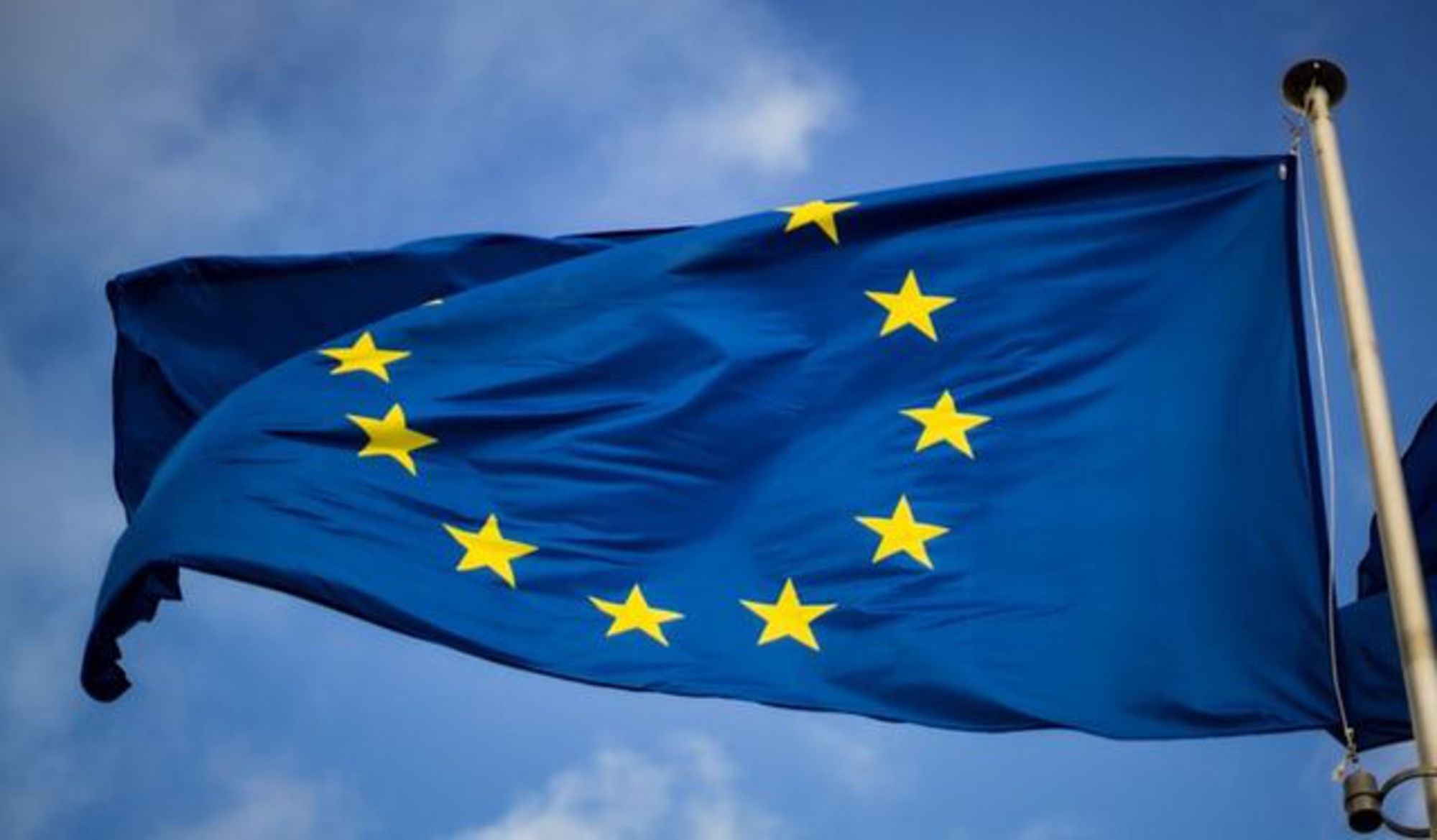For compliance with the law
The member states of the European Union prefer bags that do not harm the environment: in 2018, the European Commission launched an EU-wide plastics strategy with the intent to transform the way products are designed, produced, used and recycled in the EU. The strategy pursues an ambitious target for the recyclability of plastic packaging and the reduction of microplastics which are a significant source of marine pollution. According to the EU plastics strategy, all plastic waste must be recyclable by 2030.1
As a part of this, the Single-Use Plastics (SUP) Directive bans single-use products made of plastic that are most often found on Europe’s beaches and seas, such as cotton bud sticks, cutlery and straws for which alternatives exist.
This SUP Directive follows the Plastic Bags Directive (EU) 2015/720 of 2015, which entailed the introduction of charges and bans for the use of plastic bags2 and aimed to maintain a sustained reduction in the average consumption level of the plastic bags.
Reducing plastic waste
Littering of plastic bags leads to a widespread problem of rubbish in water bodies, threatening aquatic ecosystems worldwide. A study from 2017 suggested that if nothing were to change, by 2050 the quantity of plastic in the ocean would surpass that of fish (by weight).3 Furthermore, littering of plastic bags is an inefficient use of resources. In order to promote a sustained reduction in the average consumption level of lightweight plastic carrier bags, EU member states are free to decide on their own measures such as pricing, use of taxes and fees, or restrictions on placing such bags in the market.
However, it was mandatory for all EU member states to adopt measures which make sure that the annual consumption level stays under a certain amount.
For more information on the regulations in the EU member states and the progress of the EU plastics strategy: regulations in the EU.

1
European Commission, A European strategy for plastics in a circular economy, 2018
2
European Commission, Plastic Bags Directive, 2015
3
The New Plastics Economy: Rethinking the future of plastics & catalysing action, 2017

